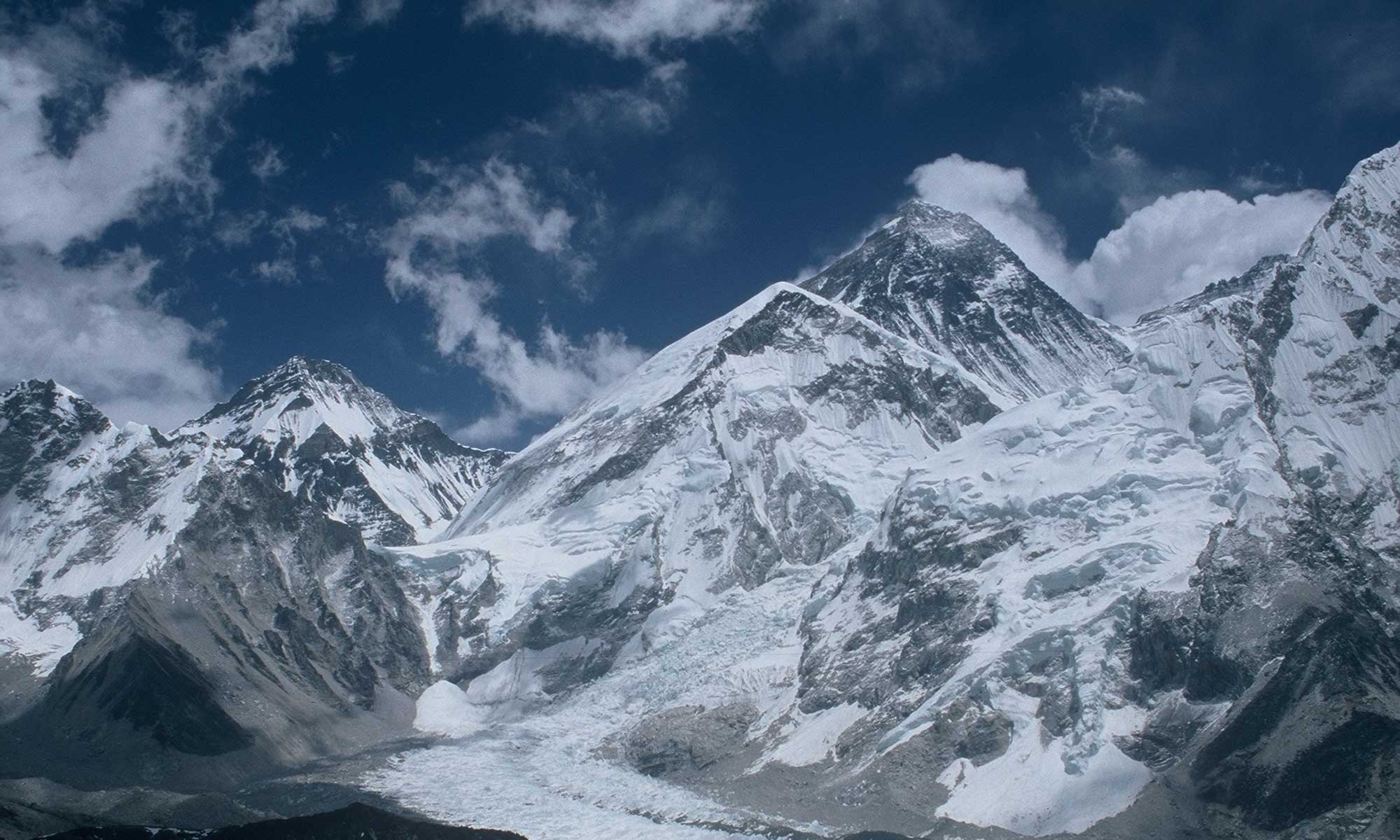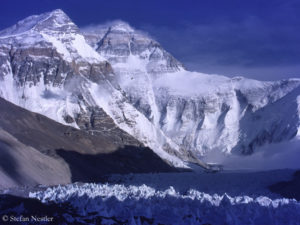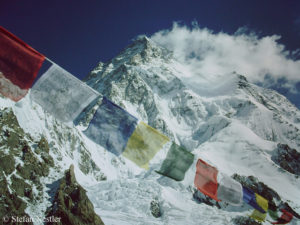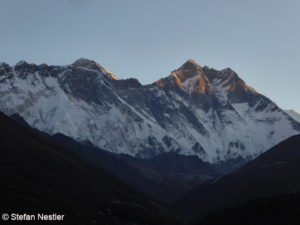Normally the base camps at the eight-thousanders in Nepal and Tibet would be occupied by now, and the acclimatization phase would be underway. And for those teams that want to make their way to the eight-thousanders in Pakistan this summer, the final preparations would be made. But what is normal in these times of the corona crisis? Nothing is happening at the highest mountains in Nepal. At the weekend the Nepalese government extended the lockdown due to the coronavirus pandemic until at least 7 May. In Tibet, only one Chinese expedition with 21 members has received permission to climb Mount Everest. According to reports, the Tibetan mountaineers preparing the route are in the Advanced Base Camp. How high they have climbed on the mountain in the meantime has not yet been communicated.
Great uncertainty
And whether expeditions will really set up their tents on the mountain giants in Pakistan this summer remains open. “There is a lot of uncertainty, but some hope too,” Mirza Ali, head of the Pakistani operator Karakorum Expeditions, writes to me. The restrictions that were imposed to limit the infections have been eased somewhat in northern Pakistan. But even if the Pakistani government should allow expeditions to climb K2, Nanga Parbat and Co. this summer – will the foreign climbers really come? Expedition operator in German-speaking countries are still keeping all options open, but a certain skepticism is unmistakable.
Clients postpone plans until 2021
“At the moment everything is reading tea leaves and it is still too early for honest statements”, Dominik Müller, head of the German expedition operator Amical alpin, writes to me adding however that many clients have postponed their plans until 2021. This is also confirmed by Kari Kobler for his Swiss company Kobler & Partner: “We are in the happy position that there were almost no cancellations. However, 90 percent of our clients have postponed their trips until 2021.” The Austrian operator Furtenbach Adventures is also no exception. “We have many customers who postpone until next year. Some still want to wait and see if something works in the Karakoram in summer”, Lukas Furtenbach writes to me. “Although we are ready, if an expedition can be carried out reasonably and safely, I personally don’t believe in it.”
Morally defensible?
According to Furtenbach, there are too many open questions that speak against it. For example, whether it is possible to leave the countries of origin and enter Pakistan at all, whether the transport of equipment from Europe and Nepal to Pakistan can be guaranteed, or what the situation is regarding freedom of movement and quarantine regulations. “And finally also the not inconsiderable risk of a COVID-19 infection in the base camp or on the mountain, where the lungs are stressed anyway. And even if you are allowed to travel there, who really wants to? Who wants to take the risk? Is it morally defensible? I think these questions will come up quickly.”
Clients are also showing signs of reserve for the fall season in Nepal, says Furtenbach. “The people in Nepal believe in a normal fall season, but I don’t think there will be many people coming. If it will be possible at all to travel to Nepal in August and September.” Kari Kobler sounds a little more optimistic on this point: “We are very confident that everything will go as planned in fall.”
80 percent cancelations in Nepal
But also in Nepal sceptical voices are getting loud. Dawa Steven Sherpa, head of the big Nepalese operator Asian Trekking, confirms to me that many of his clients have canceled this fall’s trips and prefer to come next year if at all. Dawa’s father Ang Tshering Sherpa also recently warned against placing exaggerated hopes on this fall season. “Tourism entrepreneurs report that 80 percent of all bookings for upcoming autumn season have been canceled,” the former president of the Nepal Mountaineering Association (NMA) wrote on Facebook. “This has left many tourism entrepreneurs and employees in Nepal in a state of insecurity and uncertainty, further worsened by government’s failure to announce any substantial relief packages to save businesses and jobs in this industry.”
Last year, mountain tourism still brought in 75.6 billion Nepalese rupees (around 570 million euros), says Ang Tshering Sherpa: “Given that the pandemic is a global phenomenon and will impact the economies world over, for Nepalese tourism to recover completely it will take more than just a couple of years.” Lukas Furtenbach, head of Furtenbach Adventures, also expects the effects of the corona pandemic to last longer: “I believe that even 2021 will be rather restrained and there will be fewer people on expeditions. In 2022 there will be a return to normality.”




We are hopeful and pray for everyone to be able to climb in 2021.